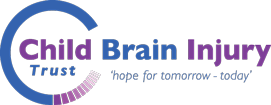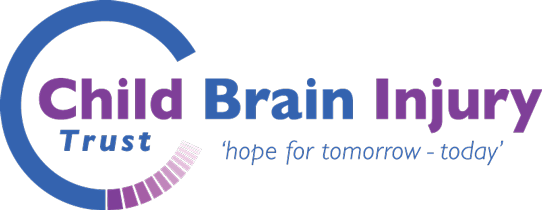Child's name: Henry
Support Coordinator's name: Margaret Tuffs
Location: North London
Henry sustained a traumatic brain injury (left extradural haematoma, subdural haematoma) and left femoral fracture when he was hit by a car in April 2017. Henry was 11 years old at the time of his accident, he was transferred by air ambulance to a major trauma centre. Following five weeks and a day in The Royal London Hospital (acute care setting) he was discharged home for a further five weeks, before being admitted to The Children’s Trust on 10th July 2017 for residential neurorehabilitation. Henry had an intracranial bolt inserted following his injury. Henry used a combination of crutches and a wheelchair for mobility following the accident. Prior to his accident Henry was a well-behaved sociable boy who liked to spend time with his family and friends. He was doing well at school and was performing at an above average level. He enjoyed ‘typical’ activities for a boy of his age such as playing with his X-box or watching television, reading, going to the park and for picnics. Post injury he had difficulties with short term memory and soon became aware of this and showed signs of frustration. He experienced problems with repetitive behaviour/word use and impulsivity. His mother reported that his behaviour had been affected the most in her opinion. He suffered from post-traumatic stress disorder having dreams about the accident and being trapped.
The Child Brain Injury Trust (CBIT), have been supporting the family since the beginning of their journey and was the friendly familiar face that helped the child and family with the transition from hospital to home. Offering practical and emotional support to the whole family. Other therapeutic agencies that have worked alongside the family in community include physiotherapy, hydrotherapy, occupational therapy and speech and language therapy. A comprehensive neuropsychological assessment was also carried out. Several school awareness sessions have been carried out at Henry’s school to raise awareness of acquired brain injury (ABI) and to give an understanding of how best to apply strategies to cope with issues, if, and when they arise in school. Follow-up meetings were held with school to reflect and amend reduced timetables schedule. Unfortunately, Henry and his mother did not feel his school was able to provide the support he required and has subsequently changed his school to a specialist educational needs school where an awareness session was again carried out for all staff and has proved to be successful and henry is enjoying his new school, he has made new friends and is coping well educationally. Support has been given by CBIT with applications for Educational Health Care Plan, Disability Living Allowance, Legal representation by ABI specialist solicitors, Benefits review and supporting letter to assist with employment flexible working hours. The family also attended the Houses of Parliament to take part in raising awareness of an acquired brain injury.
Support from the CBIT is still in place and will continue until the age of 25 if Henry and his family want this. Henry does still have some difficulties with managing his behaviour his mother reports “he does not have a stop button”. He still struggles with fatigue, behavioural outbursts, i.e. laughing and making car noises, humming songs at inappropriate times. He also lacks empathy and admitting wrongs and really understanding and learning from his mistakes. His mother reports that without the support of CBIT she feels coping with these issues would have been unmanageable. She continues to engage with our live eLearning sessions and revisits our library of eLearning regularly to give her and her family coping strategies to support Henry, she reported that these resources have been invaluable. The whole family have attended Family Events with our Charity and the Major Trauma Centre and say that it is always wonderful to meet other children and families that have been on similar journeys to themselves. The family report that the future is looking much brighter than they could have ever believed.

